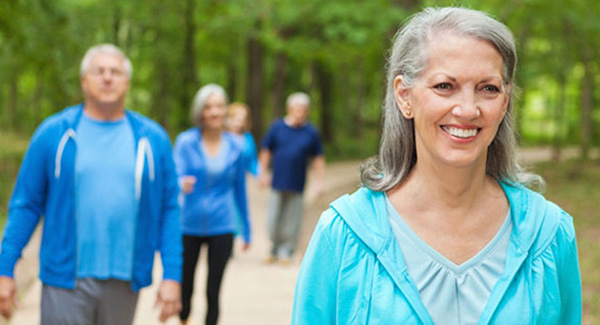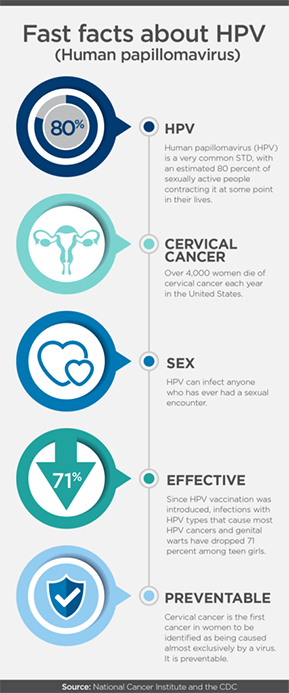Q: Whenever I go to the doctor, they always say I should increase my activity level. I feel like I’m always on the go with housework, walking the dog, and running errands. Am I not doing enough already? Is my activity level really the problem?
A: The recommended Physical Activity requirements for adults is 150 minutes per week. If you divide it throughout the week that’s only 30 minutes a day for 5 days. This should be a continuous session at a moderate intensity. While you may be doing a lot of work at home or running errands, your heart rate is most likely not elevated for a long enough period of time to elicit the benefits of aerobic activity. I would count walking your dog as aerobic activity but only if it last for 30+ minutes and you are not stopping every couple of feet to wait for your pup! Continuous time under tension is key. There is also a second part of this suggested physical activity that tends to get overlooked. While you may be meeting your aerobic or cardio activity requirements, the CDC also recommends muscle strengthening activities in conjunction with aerobic exercise! Strength or resistance training is the number one form of both fat loss AND muscle building. If I had to choose to implement only one of these forms of training, resistance training would be the winner solely based on the amount of benefits it holds over cardio-based activity.
Some of these benefits include:
- increasing your metabolism,
- strengthening your bones,
- increasing muscle mass,
- balancing out hormones in males and females, and
- improving your overall functional mobility in everyday life, which is the ability to move through full ranges of motions with complete control and stability.
Resistance training doesn’t have to be overly intense and can be performed in the comfort of your home which is convenient given the cold weather and current COVID restrictions. For more information or to set up a consultation with our fitness expert, please contact us at (360) 572-2202 or drop us a note at info@camanoislandhealth.com.





